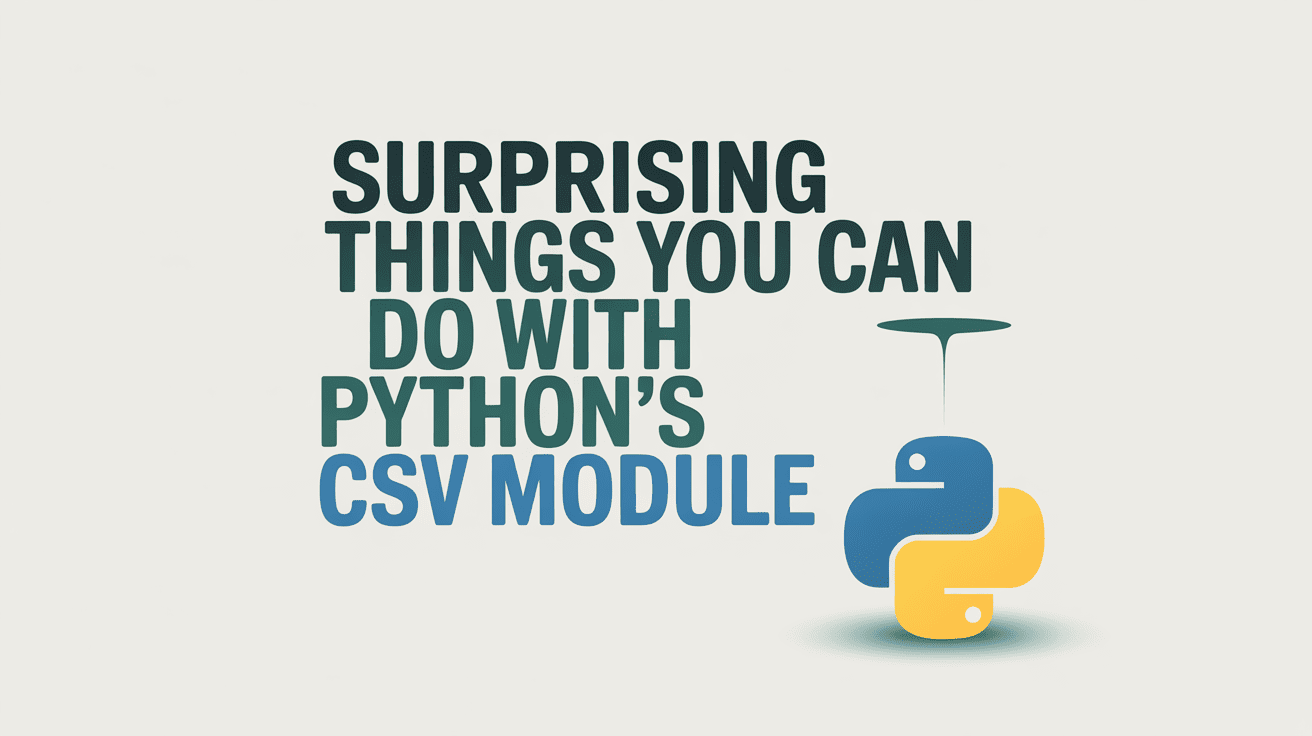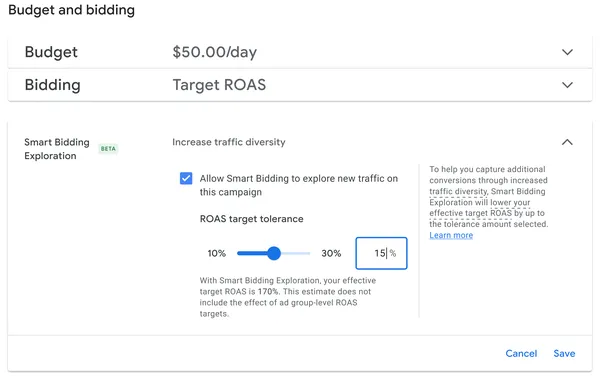The Business Analyst Career Roadmap: Roles, Skills, and Opportunities
In today’s fast-paced, data-driven world, Business Analysts (BAs) play a vital role in helping organizations make smarter decisions, streamline operations, and enhance customer experiences. Whether you're just starting out or looking to advance your career, understanding the Business Analyst career path can help you make informed choices about your future. Here’s your complete guide to the Business Analyst career roadmap, covering key roles, essential skills, and career opportunities. Read more: The Business Analyst Career Roadmap: Roles, Skills, and Opportunities What is a Business Analyst? A Business Analyst acts as a bridge between business stakeholders and technical teams. Their main job is to gather, analyze, and interpret data to propose solutions that align with business goals. They work across various industries including finance, healthcare, IT, and retail. Business Analyst Career Path: Key Roles Entry-Level Business Analyst Focus on data collection, process documentation, and basic reporting. Usually works under the guidance of senior BAs or project managers. Mid-Level Business Analyst Handles more complex projects and collaborates with multiple departments. Begins to specialize in areas such as IT, finance, or marketing analytics. Senior Business Analyst Leads business analysis efforts on large-scale projects. Mentors junior analysts and interacts directly with executive stakeholders. Specialist Roles Transition into roles like Data Analyst, Product Owner, Systems Analyst, or Agile BA depending on skills and interests. Leadership Roles Opportunities to move into roles like BA Team Lead, Project Manager, or Director of Business Analysis. Top Skills Every Business Analyst Needs To grow as a Business Analyst, you’ll need a blend of technical and soft skills: Analytical Thinking – Ability to break down complex problems and identify patterns. Communication – Clearly convey ideas to both technical teams and business stakeholders. Technical Tools – Familiarity with Excel, SQL, Tableau, and project management software. Problem-Solving – Create effective solutions based on data and stakeholder needs. Adaptability – Stay updated with trends like AI, automation, and Agile methodologies. Business Analyst Certifications That Boost Your Career Earning industry-recognized certifications can set you apart and open doors to new roles: ECBA (Entry Certificate in Business Analysis) – Ideal for beginners. CBAP (Certified Business Analysis Professional) – Best for experienced analysts. PMI-PBA (Professional in Business Analysis) – Recognized globally. Agile Analysis Certification (AAC) – For BAs working in Agile environments. Career Growth and Opportunities As more companies prioritize data-driven decision-making, the demand for skilled Business Analysts continues to grow. BAs can choose to: Stay on the technical path and become solution architects or data scientists. Move into project or product management roles. Start their own consultancy or freelance business. Final Thoughts The Business Analyst career path offers exciting and diverse opportunities. With the right combination of education, certifications, and hands-on experience, you can advance from entry-level to leadership roles while making a meaningful impact on organizations. If you’re detail-oriented, love solving problems, and enjoy working with both data and people, a career in business analysis might be the perfect fit. Visit here: https://www.fusion-institute.com/navigating-the-business-analyst-career-path


In today’s fast-paced, data-driven world, Business Analysts (BAs) play a vital role in helping organizations make smarter decisions, streamline operations, and enhance customer experiences. Whether you're just starting out or looking to advance your career, understanding the Business Analyst career path can help you make informed choices about your future.
Here’s your complete guide to the Business Analyst career roadmap, covering key roles, essential skills, and career opportunities.
Read more: The Business Analyst Career Roadmap: Roles, Skills, and Opportunities
What is a Business Analyst?
A Business Analyst acts as a bridge between business stakeholders and technical teams. Their main job is to gather, analyze, and interpret data to propose solutions that align with business goals. They work across various industries including finance, healthcare, IT, and retail.
Business Analyst Career Path: Key Roles
Entry-Level Business Analyst
Focus on data collection, process documentation, and basic reporting.
Usually works under the guidance of senior BAs or project managers.
Mid-Level Business Analyst
Handles more complex projects and collaborates with multiple departments.
Begins to specialize in areas such as IT, finance, or marketing analytics.
Senior Business Analyst
Leads business analysis efforts on large-scale projects.
Mentors junior analysts and interacts directly with executive stakeholders.
Specialist Roles
Transition into roles like Data Analyst, Product Owner, Systems Analyst, or Agile BA depending on skills and interests.
Leadership Roles
Opportunities to move into roles like BA Team Lead, Project Manager, or Director of Business Analysis.
Top Skills Every Business Analyst Needs
To grow as a Business Analyst, you’ll need a blend of technical and soft skills:
Analytical Thinking – Ability to break down complex problems and identify patterns.
Communication – Clearly convey ideas to both technical teams and business stakeholders.
Technical Tools – Familiarity with Excel, SQL, Tableau, and project management software.
Problem-Solving – Create effective solutions based on data and stakeholder needs.
Adaptability – Stay updated with trends like AI, automation, and Agile methodologies.
Business Analyst Certifications That Boost Your Career
Earning industry-recognized certifications can set you apart and open doors to new roles:
ECBA (Entry Certificate in Business Analysis) – Ideal for beginners.
CBAP (Certified Business Analysis Professional) – Best for experienced analysts.
PMI-PBA (Professional in Business Analysis) – Recognized globally.
Agile Analysis Certification (AAC) – For BAs working in Agile environments.
Career Growth and Opportunities
As more companies prioritize data-driven decision-making, the demand for skilled Business Analysts continues to grow. BAs can choose to:
Stay on the technical path and become solution architects or data scientists.
Move into project or product management roles.
Start their own consultancy or freelance business.
Final Thoughts
The Business Analyst career path offers exciting and diverse opportunities. With the right combination of education, certifications, and hands-on experience, you can advance from entry-level to leadership roles while making a meaningful impact on organizations.
If you’re detail-oriented, love solving problems, and enjoy working with both data and people, a career in business analysis might be the perfect fit.
Visit here: https://www.fusion-institute.com/navigating-the-business-analyst-career-path































































.jpg)

















































































































![[The AI Show Episode 148]: Microsoft’s Quiet AI Layoffs, US Copyright Office’s Bombshell AI Guidance, 2025 State of Marketing AI Report, and OpenAI Codex](https://www.marketingaiinstitute.com/hubfs/ep%20148%20cover%20%281%29.png)


![[The AI Show Episode 146]: Rise of “AI-First” Companies, AI Job Disruption, GPT-4o Update Gets Rolled Back, How Big Consulting Firms Use AI, and Meta AI App](https://www.marketingaiinstitute.com/hubfs/ep%20146%20cover.png)












































































































































































.jpg?width=1920&height=1920&fit=bounds&quality=70&format=jpg&auto=webp#)



































































.jpg?width=1920&height=1920&fit=bounds&quality=70&format=jpg&auto=webp#)





















_Alan_Wilson_Alamy.jpg?width=1280&auto=webp&quality=80&disable=upscale#)
_pichetw_Alamy.jpg?width=1280&auto=webp&quality=80&disable=upscale#)




















































































-xl.jpg)



























![Apple Leads Global Wireless Earbuds Market in Q1 2025 [Chart]](https://www.iclarified.com/images/news/97394/97394/97394-640.jpg)

![OpenAI Acquires Jony Ive's 'io' to Build Next-Gen AI Devices [Video]](https://www.iclarified.com/images/news/97399/97399/97399-640.jpg)
![Apple Shares Teaser for 'Chief of War' Starring Jason Momoa [Video]](https://www.iclarified.com/images/news/97400/97400/97400-640.jpg)





































































